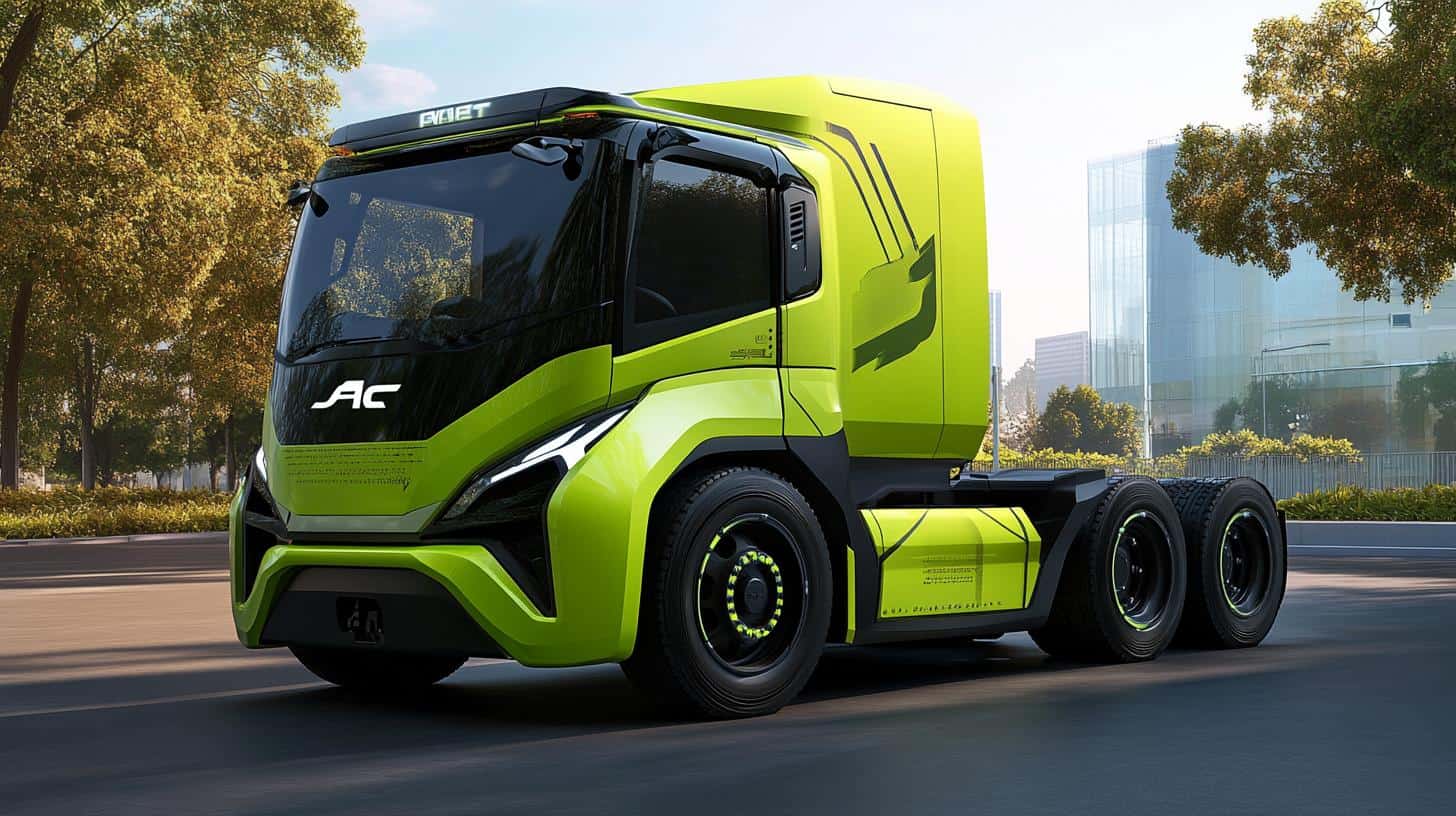In a bold move signaling its North American aspirations, JAC, the renowned Chinese electric vehicle manufacturer, has exported 100 MD electric trucks from Hefei, China, to Mexico. This development represents a significant leap in JAC’s quest to establish itself as a formidable player in the global commercial vehicle sector.
Mexico, recognized as the world’s thirteenth-largest automotive market, serves as an intersection of American and Chinese automotive presences. Due to its affordable labor market, Mexico attracts various international car manufacturers, making it one of the rare regions where American, European, and Chinese vehicles compete head-to-head, especially in the burgeoning electric vehicle sector.
JAC is not alone in recognizing the potential of the Mexican EV market. Companies such as BYD have also set their sights on this promising landscape. As part of the Electro Movilidad Asociación (EMA), a coalition advocating for a 100% electric vehicle transition by 2035, JAC is committed to collaborating with other major players like Kia, Volvo, and Tesla to improve Mexico’s air quality and transport emissions.
Having first entered the Mexican market in 2012, JAC has established an extensive nationwide network of dealers and service providers, gaining the trust needed to secure this 100-truck order. The JAC N55, equipped with a 96.7 kWh battery, offers a 125-mile range and rapid charging capabilities, standing shoulder-to-shoulder with models like the Chevy Brightdrop and Isuzu NRR EV.
By venturing into this competitive market, JAC and other Chinese manufacturers underscore their intent to challenge Western dominance in the electric vehicle industry.
Are Chinese Electric Vehicles Steering Global Dominance? A Look into JAC’s Bold Move into Mexico
As JAC, a prominent Chinese electric vehicle (EV) manufacturer, makes its mark in Mexico by exporting 100 MD electric trucks, we delve into the broader implications of this move on global markets, cultural shifts, and economic impacts.
The Global Impact of Chinese EVs in North America
The entrance of JAC into Mexico is more than a commercial maneuver; it’s part of a larger trend of Chinese EV companies expanding their influence globally, particularly in North America. This strategic move reflects China’s determination to position itself as a leader in the global EV industry, a sector historically dominated by Western companies.
How Local Economies and Daily Lives Are Affected
For everyday Mexicans, the influx of competitive electric vehicles could mean more job opportunities in the automotive manufacturing and service sectors, catalyzing economic growth. Furthermore, with JAC and other manufacturers prioritizing affordability and efficiency, locals might benefit from more accessible and environmentally friendly transportation options.
Cultural and Environmental Advantages
The adoption of cleaner vehicles in Mexico supports healthier living conditions by reducing urban pollution levels—a persistent issue due to diesel and petrol vehicles. Transitioning to electric trucks not only cuts emissions but aligns with the broader global trend towards sustainable urban development.
Challenges and Controversies: What’s at Stake?
Despite these benefits, the venture is not without its controversies. Skeptics worry about the environmental impact of extracting and processing materials for EV batteries. Additionally, concerns arise regarding data privacy and technology transfer between countries investing heavily in each other’s territories.
Advantages and Disadvantages
Advantages:
1. Economic Growth: Expansion in the automotive sector brings employment opportunities and infrastructural development.
2. Environmentally Friendly: Electric trucks significantly reduce emissions, contributing to cleaner air and improved public health.
3. Technological Advancements: Competition in the EV market drives innovation, leading to robust technologies benefiting consumers worldwide.
Disadvantages:
1. Battery Production Concerns: Environmental strains from lithium mining used in battery production can lead to ecological damage.
2. Economic Dependency: Over-reliance on foreign automotive markets can cause vulnerabilities in local economies.
3. Market Displacement: Increased competition may threaten domestic manufacturers, disrupting local markets.
What Future Questions Must We Consider?
– How might Mexican consumers react to the influx of foreign EVs? Acceptance will depend on competitiveness in price and reliability compared to domestic options.
– What are the long-term impacts on Mexico’s automotive industry? Continued investments could lead to a shift from traditional manufacturing to innovation-driven growth.
– How will this trend influence global automotive policies? Countries may reconsider policies to balance local industry protection with the embrace of global advancements.
Conclusion: Navigating a New Automotive Era
The arrival of Chinese EVs like JAC in North America marks an exciting yet complex chapter in global automotive history. While the transition holds promise for sustainable development and competitive markets, it also demands careful navigation of geopolitical and environmental challenges.
For more insights into the evolving electric vehicle landscape, visit Bloomberg and Reuters.







